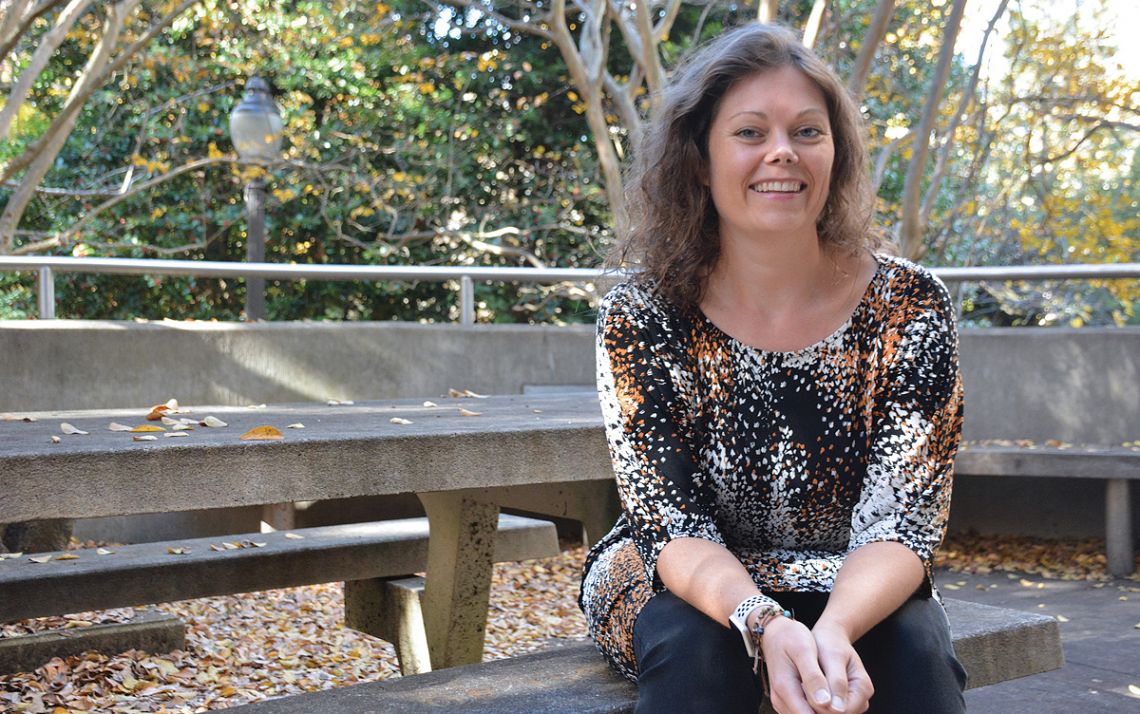How to Build Your Network in a Hybrid Work World
While COVID-19 changed interactions, colleagues still make connections

In early 2020, Cameo Hartz attended a four-day training workshop on professional coaching, a more formalized offshoot of the career advising field where she’d worked for more than a decade. She came away ready to learn more.
“All these years, there was this community out there that aligned with my style, and I didn’t even know,” said Hartz, the Pratt School of Engineering’s assistant director of career services.“That was super inspiring.”
Afterward, Hartz sought out a local chapter of a career coaching organization and looked forward to adopting new ways to approach her work at Duke. And then, COVID-19 arrived, but she still built a wide circle of colleagues and contacts during the pandemic.
By limiting in-person gatherings, the pandemic presented a challenge for people looking to build or maintain networks. A Yale University study shows that, during the pandemic, most people’s professional networks shrunk by 16 percent. But Hartz proved that connections can be forged.
“I’ve had to adopt new ways and not dwell on what could be, or what’s different,” Hartz said.
Here’s how Hartz and others built networks in a hybrid work environment.
Embrace Virtual
 COVID-19 forced most in-person professional conferences to move online. In addition to being safer, cost effective and accessible for a wide range of participants, virtual events proved useful for networking, too. Hartz first encountered many of the coaches she communicates with at an online conference in June of 2020.
COVID-19 forced most in-person professional conferences to move online. In addition to being safer, cost effective and accessible for a wide range of participants, virtual events proved useful for networking, too. Hartz first encountered many of the coaches she communicates with at an online conference in June of 2020.
Greg Victory, the Fannie Mitchell executive director of the Duke Career Center, said that, despite missing the in-person element, attending virtual conferences in your field, even after most in-person events return, is an effective way to learn from new people.
“I think they will probably stick around because it's super valuable to get people together who are interested in the same topics you are,” Victory said.
Speak Up
At an online meeting of coaches in higher ed in the summer of 2020, Hartz asked a question about how to better serve international students. Immediately, several other attendees spoke up to say they had similar questions.
This led to Hartz and other participants creating their own group that meets monthly to discuss best practices for international students and other topics, underscoring the importance of lending your voice to conversations that can grow into lasting connections.
Get Out There
Hired in the spring of 2020, every Duke connection Victory made came amid the pandemic. While he found value in virtual networking, he said that as in-person contact becomes safer, it’s important to meet face-to-face if possible.
“Throughout everything, there is still a human desire to connect in person,” Victory said. “I hope, as we come out of this pandemic, we can do more of that.”
Have a career or professional development story idea? Write working@duke.edu.